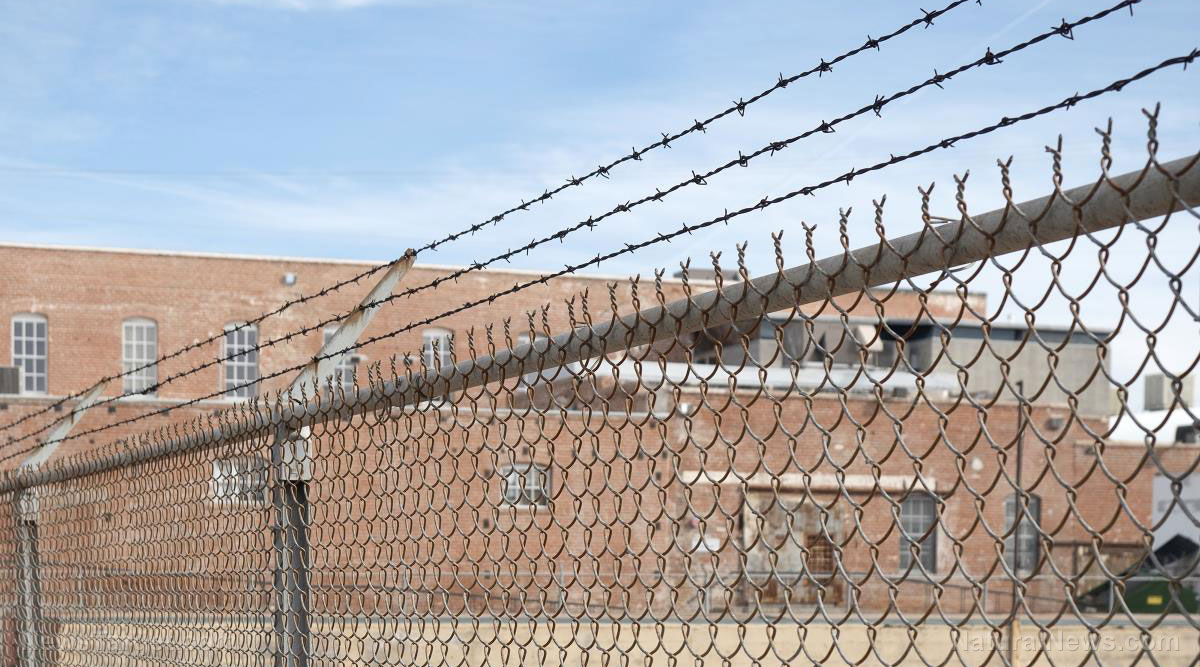 Parler
Parler Gab
Gab
Home buyers face higher monthly costs
The rise in rates means higher monthly costs for home buyers. For instance, a $400,000, 30-year mortgage that cost $1,800 a month last year now costs nearly $1,000 more at the current rate. Alongside rising rates, the housing market is grappling with historically low available inventory, which is contributing to elevated prices.
"I don't like to be 'doom and gloom,' this is my book of business," said Bess Freedman, CEO of Brown Harris Stevens, a national real estate firm. "I still say real estate is the best long-term investment. But there has been a shift. It is flawed for people to assume that just because inflation has started to move in the right direction, that mortgage rates will go down, too." The pandemic's low mortgage rates discouraged many homeowners from selling and buying another home at higher interest rates. With low inventory and strong demand, home prices have stayed elevated. This situation has raised concerns among economists and real estate experts. The recent minutes from a Federal Reserve meeting and Fitch's downgrade of U.S. debt have added upward pressure on longer-term borrowing rates. The yield on 10-year U.S. Treasuries, which influences mortgage rates, reached its highest level in over a decade, crossing the 4.2 percent threshold. Economists warn that if it surpasses this level and momentum continues, mortgage rates could rise further, possibly up to eight percent. The current environment is challenging for home buyers, and many are waiting to see the Federal Reserve's decisions in the coming months. Visit HousingBomb.com to read more stories related to America's collapsing housing market. Watch Dr. Charles Nenner predict interest rates will hit double digits. Video from Man in America on Brighteon.comMore related stories:
Mortgage rates surge to 20-year high, causing massive drop in home sales 30-year fixed mortgage rate surges above 7% as the Fed continues to raise interest rates Fed interest rate hikes lead to rising fears of mortgage debt defaults, real estate collapse and recession Sources include: RT.com Edition.CNN.com Brighteon.comAlabama building a $1 billion, 4,000-bed prison – the most expensive prison in U.S. history
By Arsenio Toledo // Share
LinkedIn, which discriminates against conservatives, just fired around 700 employees
By Richard Brown // Share
Rite Aid forced to file for bankruptcy amid slumping sales, high debt and ongoing opioid lawsuits
By Arsenio Toledo // Share
Governments continue to obscure COVID-19 vaccine data amid rising concerns over excess deaths
By patricklewis // Share
Tech giant Microsoft backs EXTINCTION with its support of carbon capture programs
By ramontomeydw // Share
Germany to resume arms exports to Israel despite repeated ceasefire violations
By isabelle // Share










